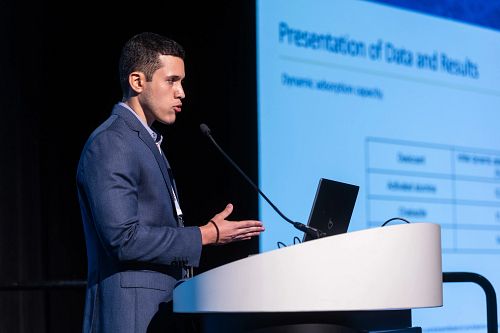Time: 1015 - 1130
Location: Exhibit Hall B2-2
The field of Artificial Intelligence (AI), encompassing machine learning, deep learning, and more, has significantly impacted various domains within the Exploration and Production industry, specifically exploration, wells and drilling, production, and sustainability. Over the decades, AI has undergone notable advancements, from physics-driven models to the recent breakthroughs in generative AI. These developments have unveiled versatile use cases and advantages. However, accompanying this progress are concerns related to result trustworthiness, the potential replacement of human roles by machines, the necessity for reliable data, the need for regulations, and the imperative testing of unbiased algorithms/models. This panel discussion will explore the evolving landscape of AI applications in the energy sector. Panelists will explore the new horizons that AI presents, identify warning signs to be vigilant about, and provide insights on preparing organizations for the future applications of AI. The discussion aims to shed light on the transformative potential of AI in energy, while also addressing the crucial considerations and precautions necessary to navigate this technological frontier.



